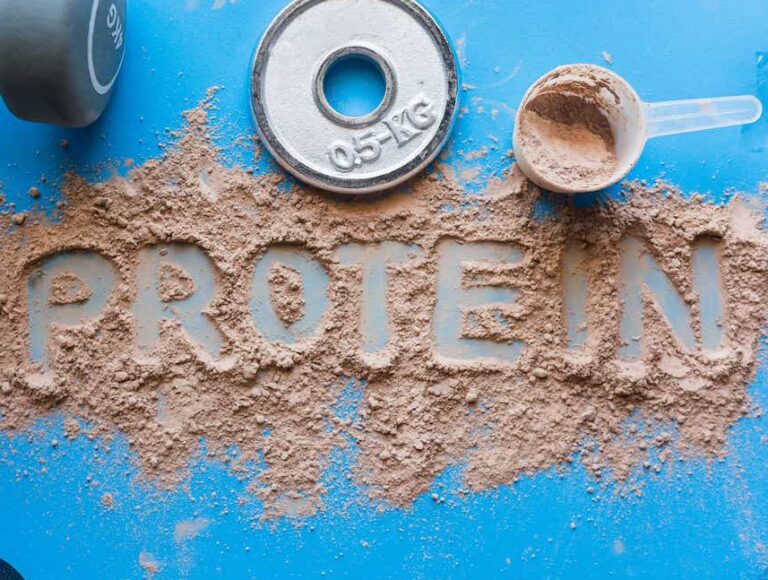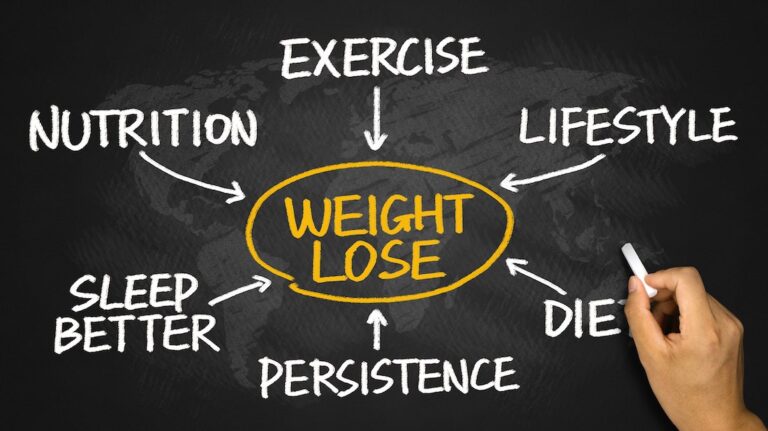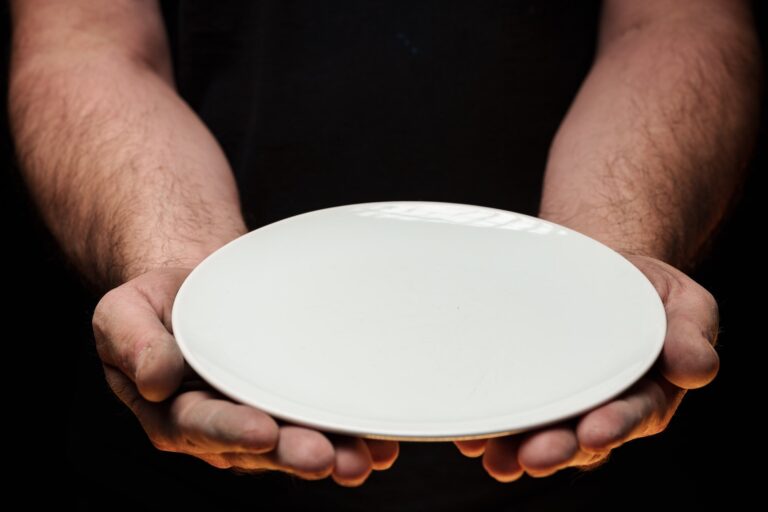Many people think that coffee provides an instant boost of energy, but in reality, overconsumption can lead to fatigue and tiredness in the long term. It’s important to be aware of how much coffee you consume and make sure you have a balanced diet, especially if you follow a low-carb or Keto diet and tend to have milk or cream in your coffee.
Coffee has been part of Norwegian culture for hundreds of years. It was first introduced in Norway in the 17th century, but it wasn’t until the 18th century that it started to become popular. In the beginning, coffee was a luxury item that only the rich could afford, but gradually it became more accessible to ordinary people. The coffee houses that emerged in the 1800s became an important social gathering place for both men and women. Today, coffee is an important part of Norwegian culture and a daily routine for many Norwegians.
Benefits of coffee
Coffee contains caffeine, which is a stimulant that can increase mental performance and physical performance. It can help you stay awake and alert, and can also increase your reaction time.
It can also increase your endurance during physical activities, which can be useful for athletes or those who exercise.
In addition, coffee may also contain antioxidants and other nutrients that can be beneficial to your health.
Coffee contains caffeine, which can boost metabolism and increase fat burning. One study showed that caffeine can increase fat burning by up to 10% over a three-hour period. Coffee can also reduce feelings of hunger, which can help reduce calorie intake and aid weight loss. Caffeine can boost metabolism and increase fat burning in the body Coffee can also contribute to intermittent fasting by increasing feelings of fullness and reducing food intake during the fasting period.
Disadvantages of coffee
It is important to be aware that there can be negative side effects of drinking too much coffee, such as increased anxiety and sleep problems. It can also lead to the need to drink more and more to experience the same feeling of energy, which can have a negative effect on the body in the long term. That’s why it’s important to be aware of how much coffee you drink and to make sure you have a balanced approach. Examples of negative consequences are:
- Caffeine can cause side effects such as headaches, anxiety and insomnia in some individuals
- Excessive consumption of caffeine can lead to addiction and addiction can lead to withdrawal symptoms when trying to reduce or stop use
- Caffeine can increase heart rate and blood pressure, which can be harmful for people with heart disease or high blood pressure
- Caffeine can inhibit the absorption of iron and lead to iron deficiency anemia in some individuals
- Caffeine can disrupt sleep and disrupt sleep quality, which can lead to fatigue and poorer physical performance
- Caffeine can disrupt the balance of hormones in the body, especially the hormones cortisol and adrenaline, which can lead to stress and fatigue.
- Caffeine could also theoretically inhibit autophagy temporarily during intermittent fasting and thus make it more difficult to achieve the desired outcome with intermittent fasting.
Tips for getting the most positive effects from coffee
To get the most out of coffee and avoid losing energy levels in the afternoon, you may want to wait 90 minutes after waking up before drinking coffee. This is because your body naturally produces a hormone called cortisol during the morning. Cortisol helps you wake up and feel energized. If you drink coffee right after you wake up, caffeine can inhibit the production of cortisol, which can cause you to feel less alert than you would otherwise.
When you should drink coffee
By waiting 90 minutes after you wake up, you give your body time to produce cortisol naturally, which can help you feel more alert and increase the effects of caffeine when you first drink coffee.
It’s also important to be aware of how much coffee you drink and when you drink it. You may want to limit your caffeine intake to earlier in the day and not drink coffee too late at night. This can help avoid sleep problems and ensure you feel refreshed and energized the next morning.
Choose good quality coffee
In addition, choosing a good quality coffee, avoiding sugar and milk, can help make your coffee more effective at boosting your energy levels.
Summary
Coffee can have many positive effects on our health, such as increased mental performance and physical performance, as well as helping with fat burning and weight loss in some cases. Coffee goes well with low-carb or keto diets, as well as intermittent fasting. However, it’s important to choose a good quality, avoid sugar and milk, and to drink it at the right time of day to get the most out of coffee.
Wait 90 minutes after you wake up in the morning to avoid losing energy in the afternoon.
Also, remember that caffeine is not good for the body in large quantities, so it’s important to be aware of your intake.






